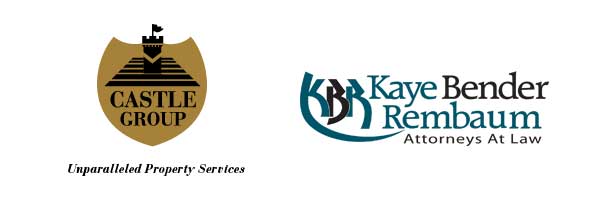GET BOARD CERTIFIED AT THE CONDO AND HOA EXPO
LUNCH IS PROVIDED FOR FREE!
|
|
APRIL 19TH, 2022 AT 9:00 A.M. AT THE SIGNATURE GRAND IN BROWARD.
CLICK PICTURE TO REGISTER
|
|
|
|
|
APRIL 21ST, 2022 AT 9:00 A.M. AT THE TAMPA CONVENTION CENTER
CLICK PICTURE TO REGISTER
|
|
|
COME MEET OVER A HUNDRED CONDOMINIUM AND HOA VENDORS AND TAKE CONDO AND HOA EDUCATIONAL CLASSES ALL DAY LONG
WE HAVE CERTIFIED OVER 20,000 FLORIDIANS ALL ACROSS THE STATE. LEARN ALL ABOUT CERTIFICATION, THE AS AMENDED FROM TIME TO TIME LANGUAGE, ALL THE LAWS EFFECTIVE JULY 1ST, BUDGETS, RESERVES, FLORIDA’S NEW EMOTIONAL SUPPORT ANIMAL LAWS, MANAGER DO’S AND DON’TS, SCREENING AND APPROVING, ACCESS TO RECORDS, ALL THE LAWS WE CAN EXPECT THIS UPCOMING LEGISLATION AND MUCH MUCH MORE.
TO REGISTER:
CLICK ON ANY OF THE ABOVE PICTURES
OR CALL OUR OFFICE AT: 954-983-1112




















